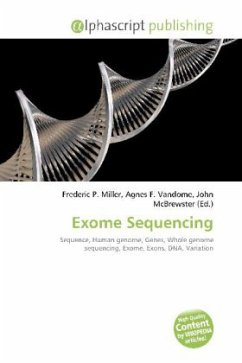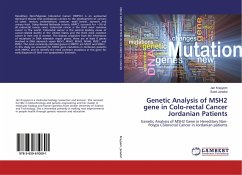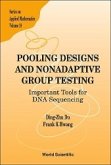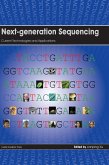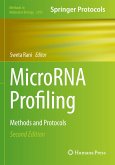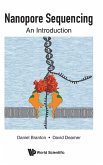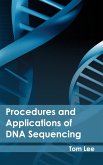Exome sequencing is an efficient strategy to selectively sequence the coding regions of the human genome to identify novel genes associated with rare and common disorders. Routine whole genome sequencing of large numbers of individuals is still not feasible partly due to the high cost associated with the technique. At present, it is necessary to use an alternative approach, in which certain regions of the genome, such as the exome , are targeted, enriched and sequenced, which requires ~5% as much sequencing as a whole genome. The exome represents all the exons in the human genome. Exons are short, functionally important sequences of DNA which represent the regions in genes that are translated into protein. In total there are about 180,000 exons found in the human genome. These protein coding regions constitute about 1% of the human genome which translates to about 30 megabases in length. It is estimated that the protein coding regions of the human genome constitute about 85% of the disease-causing mutations.
Bitte wählen Sie Ihr Anliegen aus.
Rechnungen
Retourenschein anfordern
Bestellstatus
Storno

